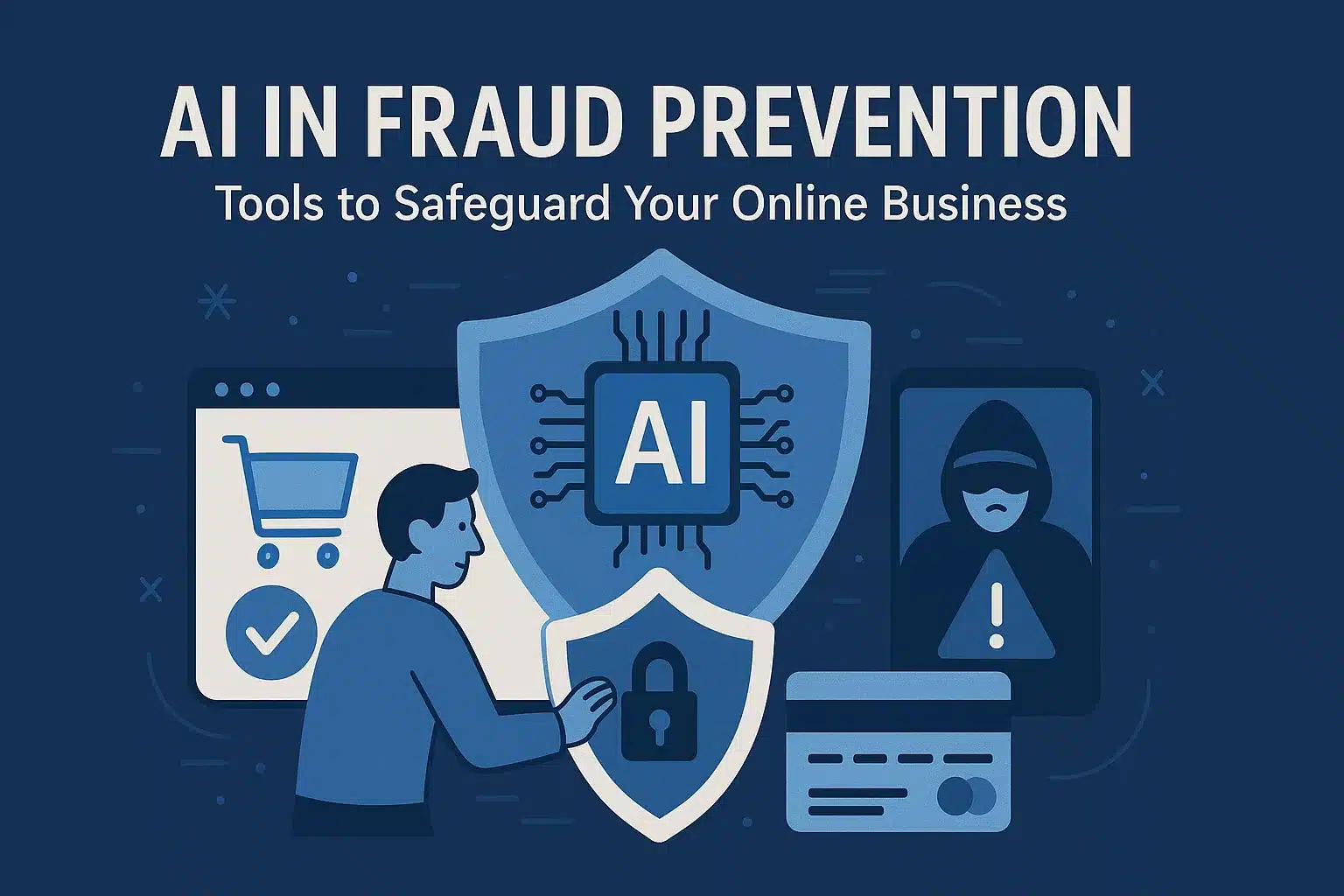From voicemails to emails, phone calls to Tweets, it’s no secret that technology has changed how companies communicate. Whether reaching out to potential clients or simply sharing information internally with fellow employees, individuals are relying on emails to connect. Within a business, emails are utilised for their ability to be composed quickly and consequently yield fast responses. An efficiently composed email brings successful business movements into fruition. Being aware of email etiquette is essential to communicative success.
Here are some refreshers on how to ensure your email etiquette is beneficial to both your career and company.
Focus on Clarity
Try to limit small talk and formalities, and narrow your sentences down to the gist of things. Focus your diction on specifically what the receiver needs. Being aware of your audience helps the clarification process, as how you would chat with a co-worker differs from language used when addressing a new executive. However, when writing emails, error on the side of being too formal. Emails are often forwarded throughout a company, and casual diction shared amongst new or potential clientele can come off as unprofessional.
Keep it short
With many employees and clients frequently checking their emails from their phones, the time it takes to scroll through a lengthy email is tedious. By keeping your messages short and sweet, the essential information will be received immediately.
Being aware of your audience also aids the clarification process, as how you would chat with a co-worker differs from the jargon used when addressing a new executive. However, when writing emails, a rule of thumb is to typically error on the side of being too formal. Emails are often forwarded throughout a company, and casual diction shared amongst new or potential clientele can come off as unprofessional.
Design Emails for Productivity
Your co-workers receive a good amount of emails each day. To avoid your message being lost in the mix, include your main point in an attention-grabbing way in the subject line. This increases the chances that your receivers will open your email sooner rather than later.
Add relevant call to actions
When writing an email, focus your words upon a “call for action”. If your point isn’t to direct the receiver to a next step, your email can be interpreted as meaningless. Your goal when communicating a message within your company is to conclude with an “action”, so that the receiver has a clear idea of what they need to do with the information shared.
Make sure your grammar and spelling are correct
Before sending an email off, there are a few formalities to review. Simply reviewing your email for proper punctuation, grammar, and spelling can make a difference in how your words are Received. Frequent misspellings can hurt your credibility as a professional. With resources such as Grammarly and SpellCheck readily available, grammatical errors can seem careless, as well as unprofessional.
Use ‘Reply All’ only when necessary
Taking five seconds to double check the receivers of your email before send-off can prevent you from wasting a number of your coworkers time. Try to save the “Reply all” option of emails for information that is relevant to each person of a team. Refrain from over including recipients of your emails.
Lastly, consider implementing an “out of office” reply as a courtesy to your company when you find yourself away from the computer. An automated reply that shares where you are, when you will be back in contact, and who they can refer to for work related issues in the meantime ensures a seamless flow of production in your absence.
Check out our other courses at www.coggno.com


















